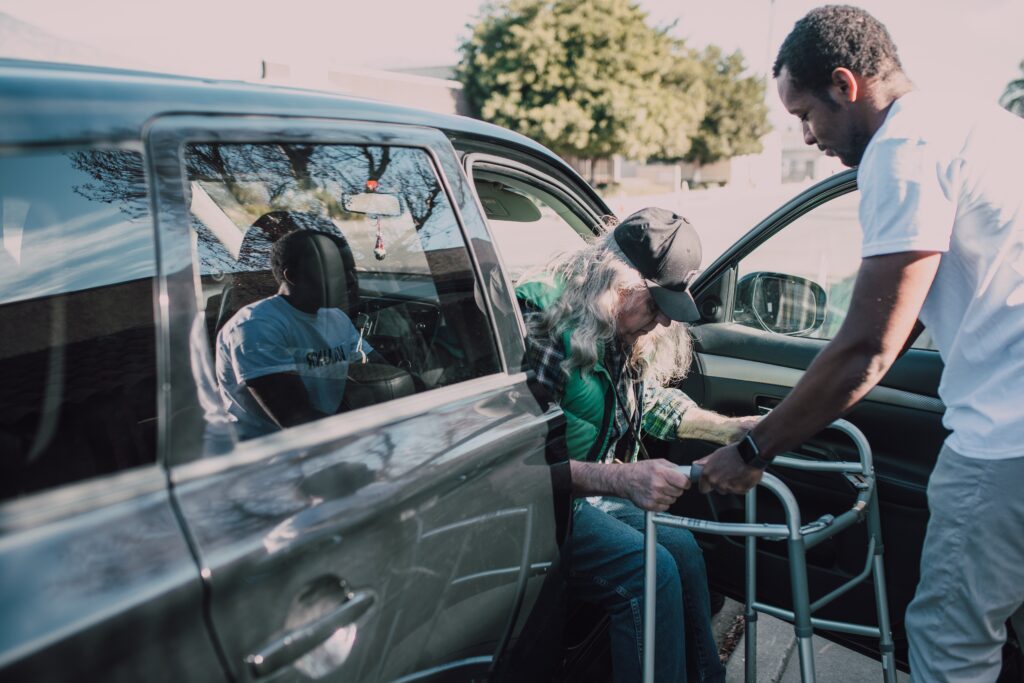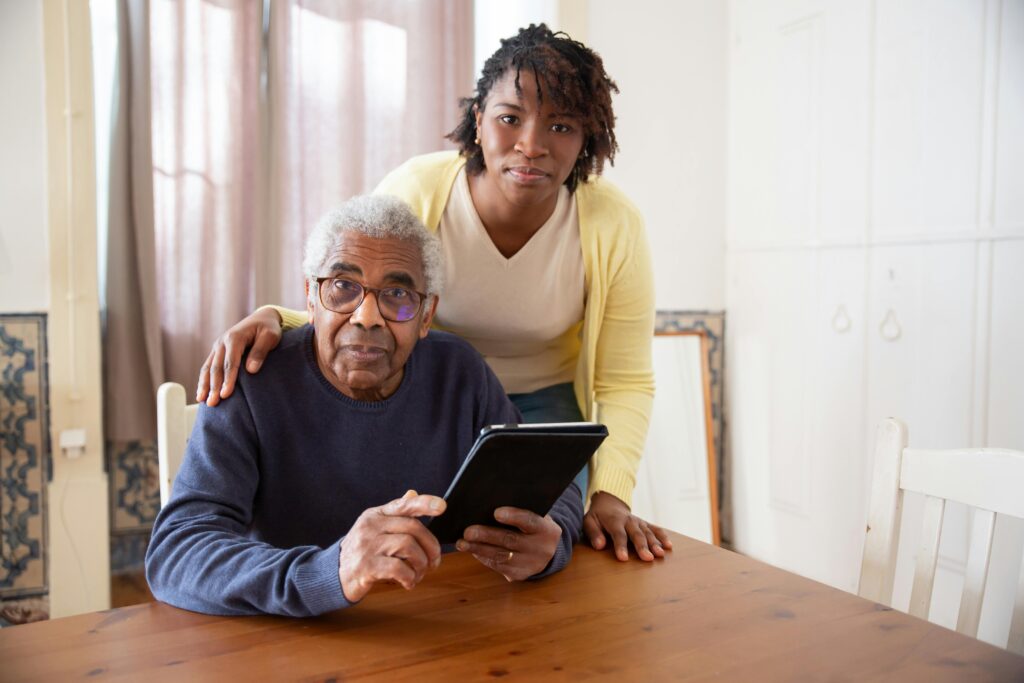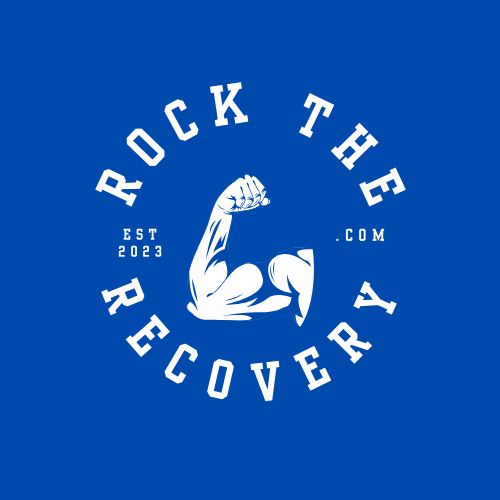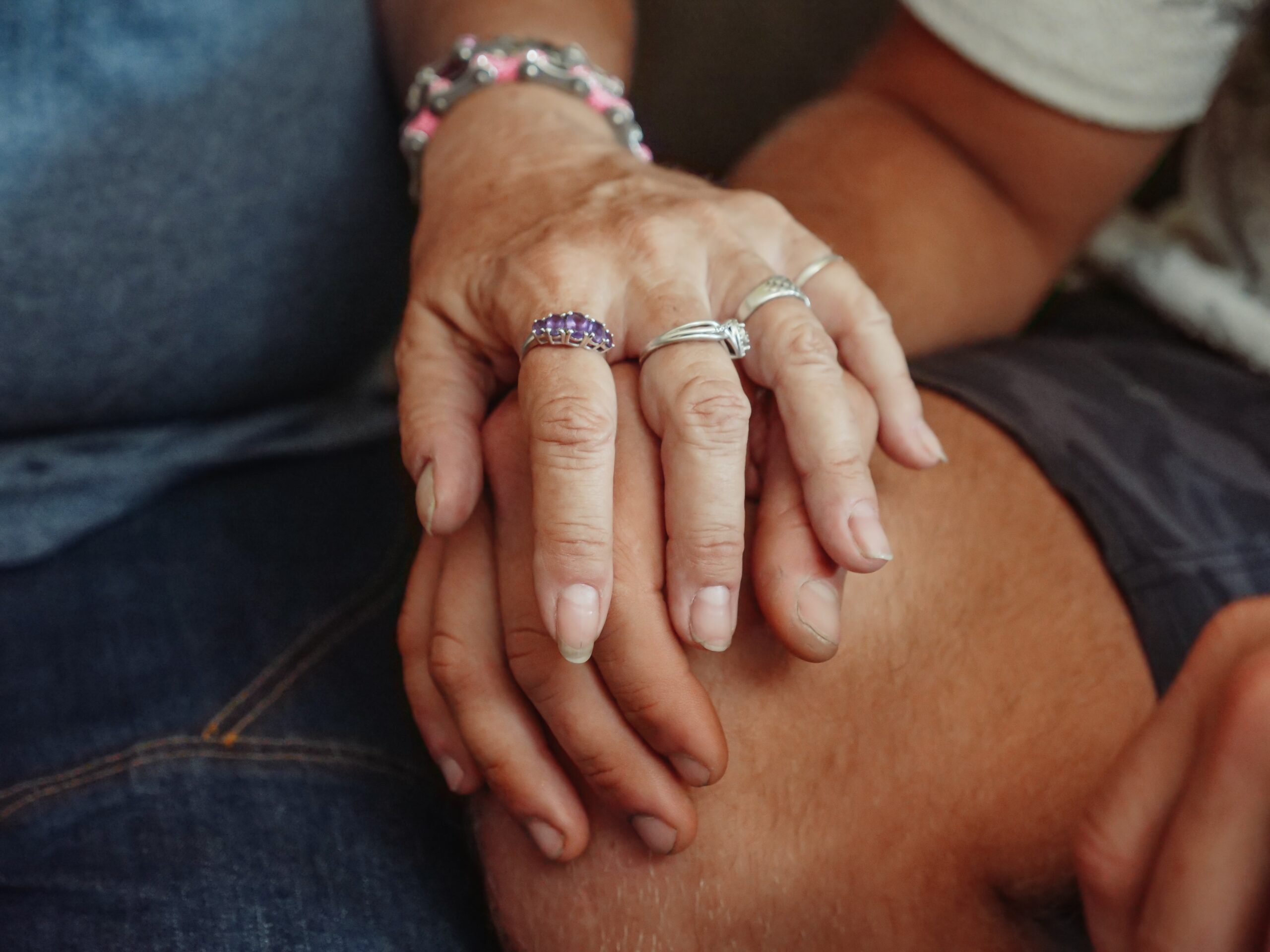You left the nest, you went out, found a career, possibly a spouse, and kids. Time has flown by and all the meanwhile your parents are now well into their retirement. They, like yourself, have started a new transition in their lives, and a paradigm shift will happen for many of you during this time. You have now transitioned into being their caregiver. These can be hard waters to travel for many of us, and awkward for the rest. It can be extremely difficult if your parents are struggling to manage at home alone. Let’s talk about signs that show it’s time to get more involved, before it becomes too late.
Being in the Know:
Every family dynamic is different, so you will have to find what works for your family’s relationships. However, with that being said, it is important that you start taking steps to be ready to catch subtle changes that are occurring in your parents’ home. For this to happen, it will require an important first step: regular communication with your parents and, even more important, regular visits to the home.
Red Flags:
Before we get into the more subtle indicators that your parents are in need of more assistance or are possibly unsafe in the home alone, let’s first talk about the big red flag moments that, surprisingly, a lot of us ignore. We don’t want to think of our strong parents who raised us as anything but our superheroes. They also may not be forthcoming with this information. But turning a blind eye to warning signs can have serious complications.
Loss of a spouse: Obviously a major blow for everyone involved including you, but there could also be serious implications to losing a loved one. Was the spouse the caregiver? Were they the one driving? Was having two people in the home making it more manageable for them to handle their basic needs? The widow will likely have depression if not provided with a strong support system. With depression, they may not move around enough, or take care of themselves. This can be a slippery slope toward other health and social issues.
Loss of weight: Have you noticed that your mother has lost a lot of weight in her face over a few weeks or months? This could be a red flag for a few reasons. Is she not getting proper nutrition? Is there an illness to blame? While discussing nutrition, is she staying hydrated? Signs of dehydration you might notice first include increased confusion, weakness, sunken eyes, dry lips, complaints of headache.
Falls:
According to the CDC falling one time doubles the chance that you will have another fall. If your loved one has had a fall, then it is time to intervene. If left unchecked, it is only a matter of time before serious injury occurs. As a PT in a rehab facility, it is troubling to hear how many times my patients fall in the home before they arrive in the hospital. Hip fractures are by far the number one reason people come to my facility for rehab. As good as Physical Therapy is at getting a person back up and walking; no matter how good we are, your mother or father will never fully recover from a hip fracture. In many cases they will not go home alone. That is why fall prevention is a much better option.
Even before a fall you will notice changes in the way they get around. They could be slowing down, struggling to stand up, or are more hunched over. Are they refusing to leave the house? If this is the case because of steps or endurance, then a referral for Physical Therapy will be recommended. Be it in the home, or in an outpatient clinic.
Home Environment Changes:
Subtle changes are why you need to be in the home keeping an eye on things. One subtle thing you’ll want to keep an eye out for is changes in how your parents are taking care of their home. Are you noticing garbage not being taken out? Newspapers from three days ago on the table? Do their clothes look and smell recently washed? They could demonstrate a difficulty with carrying or steps. Are you noticing blankets or pillows on the downstairs recliner or couch? This could be a sign they are not going upstairs to sleep anymore. In addition to difficulty with stairs, this could also mean they are struggling to get in/out of bed or sleep flat.
Eating Habits:
It’s completely normal for some changes to occur regarding appetite as your loved one gets older, however cooking and eating habits may tell you how your parents are doing. Has a lover for cooking and baking been replaced with frozen dinners, or has the menu been grossly simplified? Has the fridge emptied out? This could be signs that your parents aren’t getting to the grocery store as much as they should, or maybe it is becoming harder for them to stand to cook. Maybe it is more difficult for them to lift the heavy pot of boiling water or pan into the oven.
Memory:
When you speak to your parents, you may notice more and more stories that just didn’t happen that way. A lot of times it’s easy enough to just roll your eyes, agree and move on. However, it’s also important to make a mental note as this begins to happen more and more. When memory starts to fade many seniors are excellent at hiding this. They will talk about memories from their long-term memories, or something they are very familiar with. If you notice the same stories coming up, or if it seems your father is trying very hard to keep the conversation very superficial then these could be red flags. One major place of concern is medications. As we all know, taking them inappropriately is another fast way to end up in the hospital.

What Can You Do, if there are Red Flags to Having Your Parents Home Alone?
The above list of situations is more a bouncing off point to provide perspective on what type of things to look for with your parents. Some of the above situations can be safe or a minimal issue at the start, but as they begin to accumulate, then it is time for intervention. What are your options?
If your loved one’s needs are still minimal, added help from family and friends can go a long way. By planning and dividing up responsibilities, the help can be very impactful. It could be as simple as dropping off groceries or, better yet, bringing over meals. As you leave, take out the garbage, or maybe run a load of laundry.
Technology can also lend a hand with helping keep in touch with your parents. This could include a simple and easy to use video communication device like a grandpad, so that you may see how they are doing rather than just hearing them. Other options include emergency buttons that come in a wide range of options. Some families go as far as setting up smart home features, like video surveillance and remote unlock features for the door in case of an emergency. This way they can let in EMTs or a neighbor from a distance.
Referrals:
Another option you have is to start joining your parents at medical appointments with their primary doctor. The beautiful thing about this is that you have an objective professional who is already knowledgeable about your parents’ medical issues. They are trained to notice mental status changes, will notice physical changes as well. Beyond this however, with your additional input of concerns you have noticed, referrals can be made from here. For those who are able, for instance, referrals to say outpatient Physical Therapy for balance, or maybe a gerontologist for further monitoring.
Hopefully your parents will include you or another family member as someone who can speak with healthcare providers. If not, remember that a provider can hear from you about your concerns, even if they cannot share information covered by HIPAA with you.
If your parents are struggling to leave the home, a homecare referral can be placed. This would include (again an outside objective perspective) from a nurse, physical/occupational therapies, as well as possibly social work if necessary. The benefit of this is that they will be in the home seeing your parents in their own environment. They can be great resources to speak to possibly in private to get an outsider’s objective perspective about keeping them home alone.
Aid and Companion Services:
Homecare offers excellent opportunities as outlined above, but it typically lacks additional services beyond those described and is not a permanent solution. Some will need options such as hiring lawn mowing or snow plowing services, as well as utilizing housekeeping companies. From there, you can gradually advance to in-home aide services for physical assistance or supervision needs. While aid services are often not covered by insurance, numerous companies likely operate in urban areas providing in-home aid services. They can offer 1-2 hours a few times a week all the way up to 24-hour care.
A few things to consider:
- Your parents may be very hesitant to allow strangers to come into their house. There are a few options that might help ease this.
- One option is to hire someone privately, specifically someone you know who is trained or referred from a friend.
- Another option is that some (mostly Medicaid based) insurances will pay family members to be the aid/caregiver in the home.
- When setting up aid services, it is always easier to take away services than it is to add more. So, consider this when budgeting how much time you will need.
- A lot of people start with aid services in the morning and evening during normal routine periods like dressing in the morning and getting ready for bed in the evening. If they need help with toileting then 12- or 24-hour services may be needed.
- If your loved one just needs supervision to help with meal prep, reminders to take meds, socialization, driving to appointments, a companion service may be a better solution. The major difference is that a companion cannot provide physical assistance, to stand, walk, go to the bathroom, get dressed or shower your parents, like an aide can. The perk is that companion services are less expensive.

Legal considerations:
It’s always better to start having important conversations before they become necessary. Awkward as they are, it’s important to discuss topics like wills, trusts, DNR/DNI forms, a Healthcare Proxy or Power of Attorney. It is also always easier to move before it becomes necessary. This way you can take your time and allow them to be part of the decision making. And, if you wait until they are laid up in a rehab facility, you will be left with limited time to choose an assisted living.
If your parents are no longer able to live home alone, viable options will depend on where you are in your journey. These can include moving into a ranch style condo, senior living apartment, or independent living facilities. If more assistance is needed an assisted living, memory care, or enhanced assisted living facility could be your best option. And those needing even more assistance may require a skilled nursing facility.
Wrap up:
We all juggle with the stresses of work, kids, and the sort. Finding time to help mom or dad can be difficult. But keeping them home alone as they age will come with challenges. It is our job to now help them as they did for us when we were young. Also, It is much easier to prevent issues than dealing with emergencies later on. I hope this article helped provide some insight on how to keep your parents safe and home alone.


